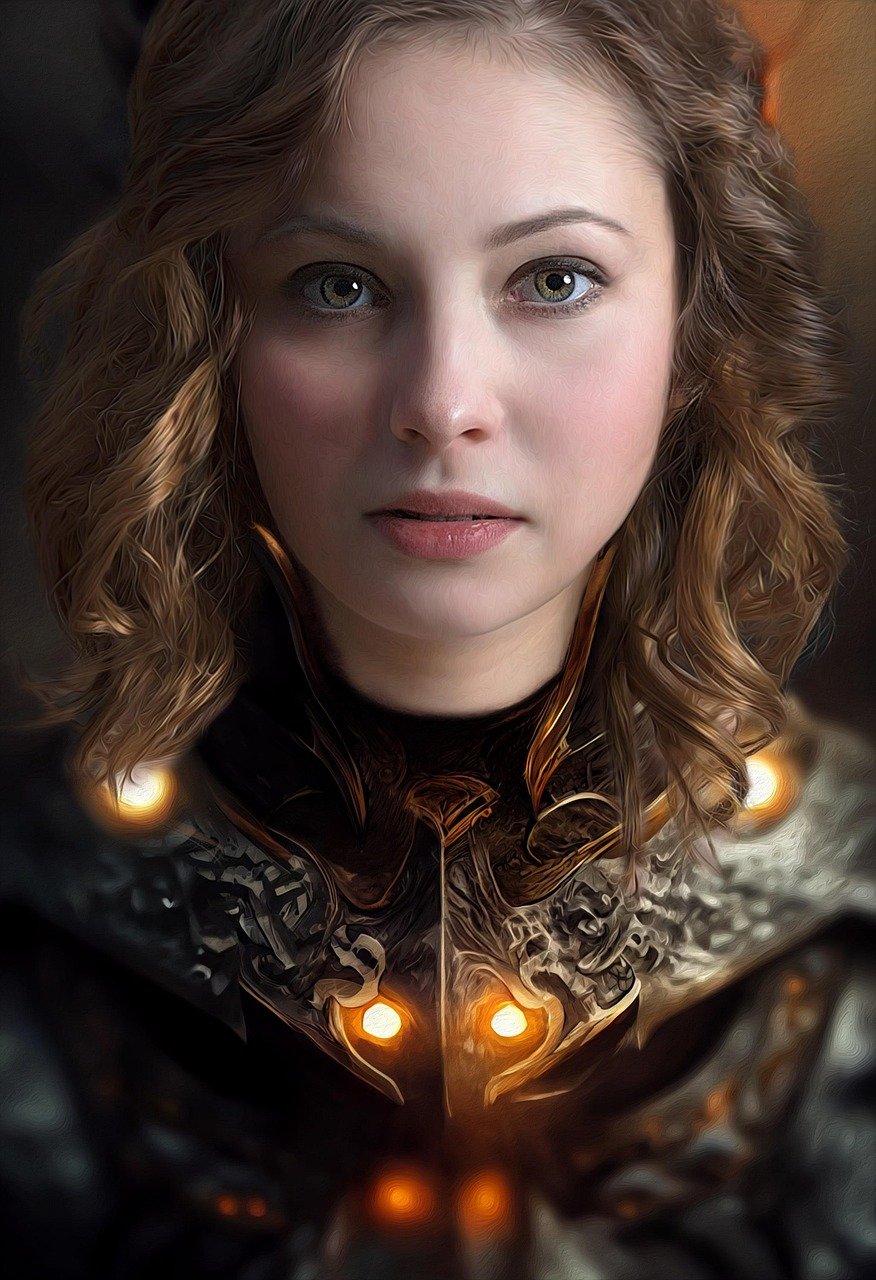Married To A Welsh Warrior
Image Credit: PixaBay
From the Welsh nobility down to the humble shepherd, everyone in the Welsh kingdoms of the Middle Ages knew the legends and tales of brave warriors who defended their lands from invaders and rivals. While the warriors themselves often receive much of the attention in these tales, there is another, often less spoken-of figure whose role is just as vital: the wife of the warrior.
In the Middle Ages, marriage was a complex institution that merged both personal and political dimensions. A wife was not only a partner in the domestic sphere but also an essential support system for her husband's role as a warrior, leader, and protector of the family and those they cared for and cared for them. The experiences of these women were shaped by their cultural, political, and social environments, and their lives were intertwined with the fate of their land and people.
A Life Shaped by Duty and Loyalty
To understand the life of a warrior's wife in the Welsh Kingdoms in the Middle Ages, you have to understand the role of the warrior in Welsh society. Warriors, or ceinwyr, were often part of a noble or chieftain class. They were expected to defend their kinsmen or kingdom, engage in warfare, and uphold the laws and traditions of Welsh culture. In this era, men spent much of their time in battle, and the life of a wife was often defined by waiting, managing the household, and keeping the family's legacy intact.
Marriage for the nobility during the Middle Ages wasn’t purely a matter of love but also a strategic alliance. The union would often serve to solidify the warrior’s position, strengthen kin ties, and ensure the continuation of the family line. A wife was not merely a companion; she was essential to survival and prosperity.
Running the Household
With their husbands away for long periods due to battle or political affairs, many women found themselves at the helm of their households. In this way, the life of a warrior's wife was not one of passivity, but rather one of incredible strength and resilience.
These women were responsible for managing the day-to-day operations of the home. This often included overseeing servants, ensuring food supplies were stocked, and caring for those within the llys. They were also responsible for maintaining family property and livestock and perhaps even negotiating with other kinship groups in their husbands' absence.
If the warrior was a lord or chieftain, his wife might also take on duties as a mediator or negotiator during times of peace. Welsh noblewomen of the Middle Ages often held power within their own domain, making critical decisions when it came to the welfare of their household or lands.
The Emotional Toll of a Warrior’s Life
Perhaps one of the most emotional challenges for the wife of a warrior was the uncertainty of the warrior's fate. The Welsh kingdoms were violent and tumultuous places, where battles between rivals as well as English and Norman invaders were commonplace. The life of a warrior was perilous, and many wives spent years in fear and uncertainty, not knowing whether their husbands would return from the battlefield.
The emotional toll was immense, as the wife of a warrior had to stay strong, both for her children and for the sake of her family’s reputation. At times, these women had to take on roles that would have traditionally been considered “masculine,” such as defending the home or negotiating peace settlements. In my book, ‘The Traitor’s Daughter, ’ this is something we see Angharad, wife of Gruffydd ap Cynan, doing and get a sense of her emotional struggle. The fear of loss was constant, but so too was the pride that came from being the wife of a man who fought for his people and their honour.
The Warrior’s Wife as a Symbol of Strength
In Welsh culture, women were often viewed as the keepers of family heritage, and this role extended to the wives of warriors. These women were expected to embody strength, loyalty, and resilience—qualities that were equally important in the domestic sphere as they were on the battlefield. Part of their role was not only to maintain the household but also to ensure that the legacy of their warrior husbands lived on. If the men were all at war, then the warrior’s wife was expected to be both a wise leader and a fierce protector, using whatever resources she had to defend the family and kin.
The Legacy of the Warrior’s Wife
While the lives of Welsh warrior’s wives were not always chronicled in the same way as their husbands, these women played an indispensable role in maintaining the stability of their society. Through their endurance, strength, and unwavering commitment to their families, they left behind a lasting legacy. Their stories are often interwoven with those of the warriors they stood beside, providing a deeper understanding of the lives of the men they loved and supported.
In the end, the warrior’s wife in medieval Wales was much more than just a figurehead; she was an active participant in shaping Welsh society and culture. While their tales may not always be written into Welsh legends, the strength and resilience of these women were woven into the very fabric of Welsh life.
Conclusion
The life of the wife of a Welsh warrior was both challenging and rewarding. These women were essential to the survival of their families and their communities. They ran households, upheld family traditions, and supported their husbands in their roles as defenders of the land. While their contributions may not always have been celebrated in the songs of bards or the stories of their warrior husbands, the wives of warriors were, without a doubt, the strong, silent partners in Welsh society—strengthening their legacies through loyalty, courage, and love.

